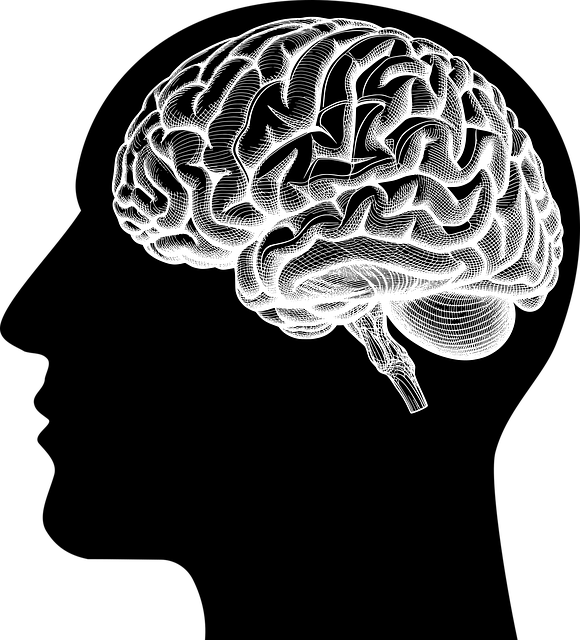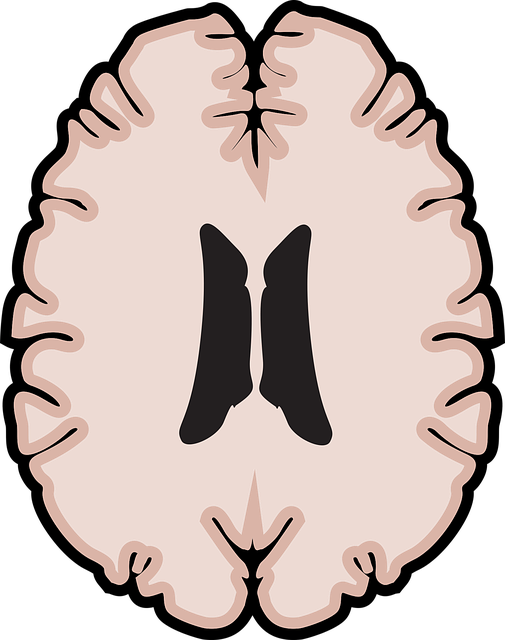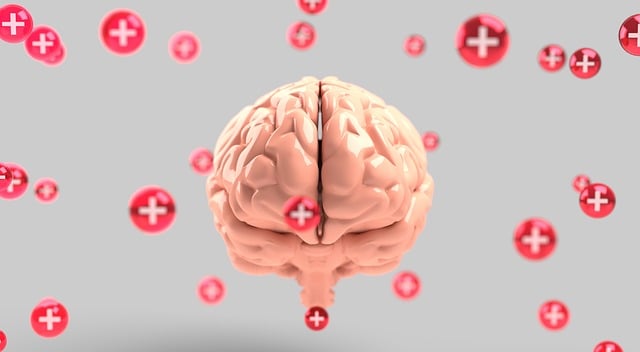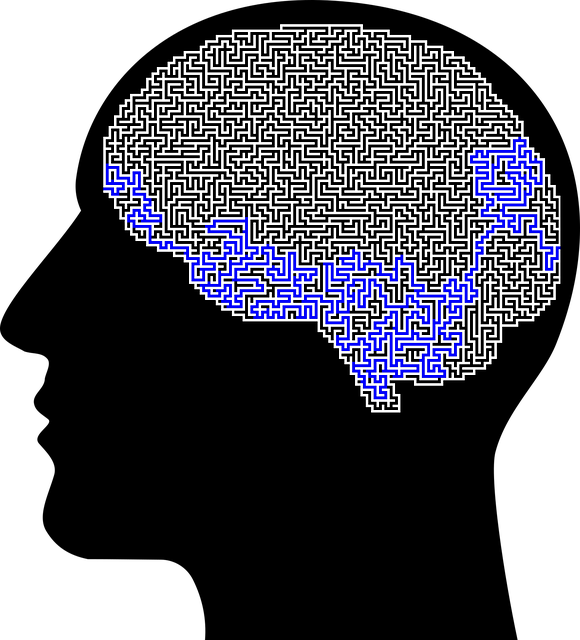Crisis intervention is a critical component of mental health support for individuals with conditions like Lakewood Adjustment Disorder (LAD), offering short-term stabilization and long-term recovery guidance. Effective LAD therapy considers individual needs, their environment, and support systems, integrating communication strategies and self-care practices to build resilience and emotional well-being. Key techniques include active listening, empathy, cultural competency, risk assessment, and post-crisis care, empowering individuals to manage stress, process trauma, adopt healthier coping mechanisms, boost resilience, and improve overall mental health outcomes through specialized LAD therapy.
In times of crisis, effective intervention can be a lifeline. This comprehensive guide explores essential strategies for navigating traumatic events, focusing on the Lakewood Adjustment Disorder (LAD) and its profound impact. We delve into understanding crisis intervention as a crucial therapeutic approach, offering insights into LAD’s unique challenges. The article provides practical steps for therapists, from identifying LAD symptoms to implementing successful therapy techniques. Additionally, learn how post-crisis care supports long-term recovery, emphasizing the importance of Lakewood Adjustment Disorder therapy in fostering resilience and healing.
- Understanding Crisis Intervention: A Brief Overview
- Identifying the Lakewood Adjustment Disorder and Its Impact
- Strategies for Effective Crisis Intervention Therapy
- Practical Tips for Implementing Supportive Post-Crisis Care
Understanding Crisis Intervention: A Brief Overview

Crisis intervention is a critical aspect of mental health support, designed to help individuals cope with and overcome sudden or intense emotional distress. It involves a range of strategies aimed at stabilising the person in the short term while also offering guidance for long-term recovery. This process is particularly crucial for those dealing with disorders such as Lakewood Adjustment Disorder, where immediate assistance can significantly impact future outcomes.
Effective crisis intervention focuses not just on the individual but also on their environment and support systems. It often includes communication strategies to help individuals express their feelings and needs, as well as self-care practices promoted through Stress Management Workshops Organization initiatives. By integrating these approaches, professionals in Lakewood Adjustment Disorder Therapy can empower individuals to navigate challenging situations, fostering resilience and a greater sense of control over their emotional well-being.
Identifying the Lakewood Adjustment Disorder and Its Impact

The Lakewood Adjustment Disorder (LAD) is a mental health condition that arises when an individual struggles to cope with significant life changes or traumatic events. It’s characterized by a range of symptoms, including feelings of intense distress, anxiety, and depression. Recognizing LAD early is crucial for effective therapy. Individuals often present with signs such as sleep disturbances, irritability, and difficulty concentrating, which can significantly impact their daily functioning.
LAD can lead to prolonged periods of burnout if left unaddressed. However, through Lakewood Adjustment Disorder therapy, individuals can learn powerful emotional healing processes, including mindfulness meditation techniques. These practices enable them to manage stress, process traumatic memories, and develop healthier coping mechanisms. By integrating these strategies into their lives, folks with LAD can enhance their resilience and improve overall well-being, effectively navigating the challenges that come their way.
Strategies for Effective Crisis Intervention Therapy

Crisis intervention therapy plays a pivotal role in helping individuals navigate and overcome sudden, intense emotional distress or traumatic events. For conditions like Lakewood Adjustment Disorder, effective strategies can significantly improve outcomes. One key approach involves active listening and empathy, where therapists create a non-judgmental space for clients to express their feelings and experiences freely. This not only helps in understanding the crisis but also fosters trust between the client and healthcare provider.
Additionally, integrating Cultural Competency Training into crisis intervention is essential. Healthcare providers equipped with this training can offer tailored support, considering diverse cultural backgrounds, beliefs, and values. This ensures that interventions are sensitive to clients’ unique contexts, enhancing engagement and effectiveness. Regular Risk Assessment for Mental Health Professionals is another vital strategy, enabling therapists to monitor clients’ progress and adjust interventions as needed, thereby promoting better mental health awareness and outcomes.
Practical Tips for Implementing Supportive Post-Crisis Care

Post-crisis care is a vital component of effective crisis intervention strategies. In the aftermath of a traumatic event, individuals often require ongoing support and resources to facilitate their recovery and adjustment. One practical tip for implementing supportive post-crisis care involves integrating Lakewood Adjustment Disorder Therapy techniques into routine mental health services. This approach aims to help clients process their experiences, manage symptoms, and develop coping strategies tailored to their unique needs.
Encourage clients to engage in mental wellness journaling exercises as a means of self-reflection and emotional regulation. Communication strategies should be taught and reinforced, promoting open dialogue about feelings and concerns. Additionally, emphasizing self-care practices such as regular exercise, mindfulness, and adequate sleep can empower individuals to take an active role in their mental health recovery. These supportive measures complement crisis intervention efforts, fostering resilience and long-term well-being.
In light of the above discussions, effective crisis intervention strategies are pivotal in addressing mental health challenges, particularly the Lakewood Adjustment Disorder. By understanding the disorder’s impact and employing evidence-based therapies like those outlined in this article, professionals can provide crucial support to individuals in crisis. Additionally, implementing post-crisis care ensures sustained recovery. Remember that early intervention and access to quality therapy are game changers in managing and overcoming such disorders, fostering a more resilient and supportive environment for all.














